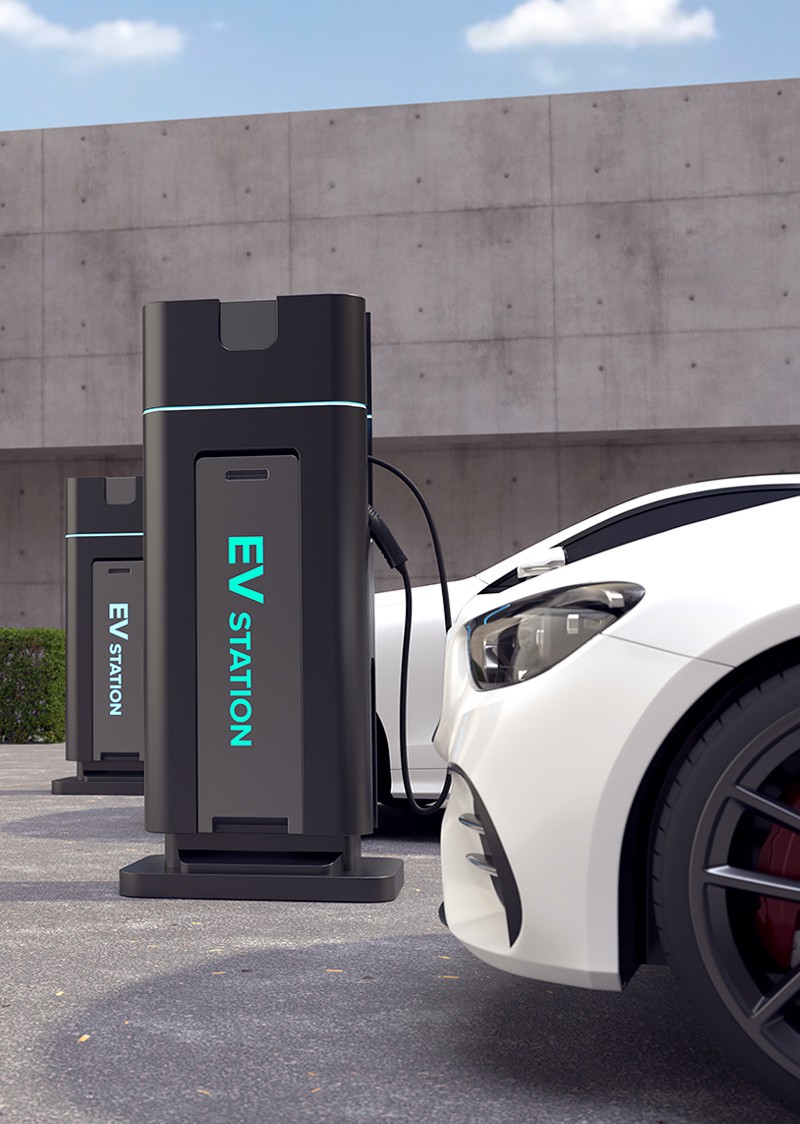
The landscape of personal and public transportation is undergoing a transformative shift toward sustainability, propelled by the evolution of electric vehicles (EVs). Central to this transformation are the advancements in electric car charging stations, the development of eco-friendly fuels, and innovative battery technologies. This article explores these critical components that are shaping the future of environmentally conscious transportation.
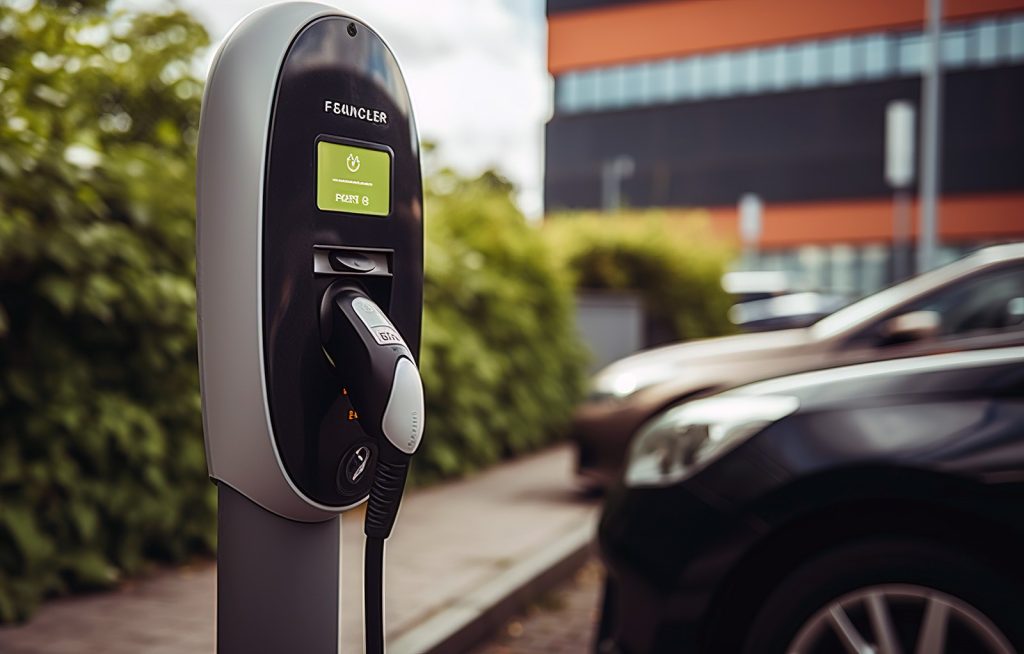
The integration of smart technology into charging stations is also enhancing user experience
Car Charging Stations
The integration of smart technology into charging stations is also enhancing user experience. Features such as real-time availability updates, remote charging activation, and automated billing systems are streamlining the charging process, making it as straightforward as refueling a traditional gasoline vehicle.
While EVs significantly reduce the carbon footprint associated with vehicular travel, the ultimate sustainability of electric vehicles depends on how the electricity is generated. Eco fuels, or biofuels, present a promising solution by providing cleaner energy sources to produce electricity or even power hybrid vehicles.
Produced from agricultural byproducts, non-edible plant materials, and recycled fats, biofuels can reduce greenhouse gas emissions significantly when compared to fossil fuels.

Furthermore, ongoing research into third-generation biofuels, such as algae-based biofuels, shows potential for higher yields and lower resource requirements, offering a sustainable and scalable alternative to both fossil fuels and older biofuel technologies.
- Individuals
- Organizations
- Companies
Moreover, the environmental impact of battery production and disposal is a critical concern. Advances in battery recycling processes and the development of batteries using less harmful materials are crucial to minimizing the ecological footprint of EVs. New technologies that facilitate easier disassembly and higher recovery rates of precious materials are making battery recycling more practical and economically viable.
Gap in Renewable Energy
For instance, Ultra-fast charging stations can now recharge EV batteries to 80% capacity in just 30 minutes, making electric cars more practical for long-distance travel and busy lifestyles.

This article explores these critical components that are shaping the future of environmentally conscious transportation.
Battery Technology
Battery technology is at the core of the electric vehicle revolution. The most common types in use today are lithium-ion batteries, prized for their high energy density and long life spans. However, the quest for more efficient and eco-friendly alternatives has led to significant research into solid-state batteries, which promise even greater energy densities, faster charging times, and enhanced safety profiles.
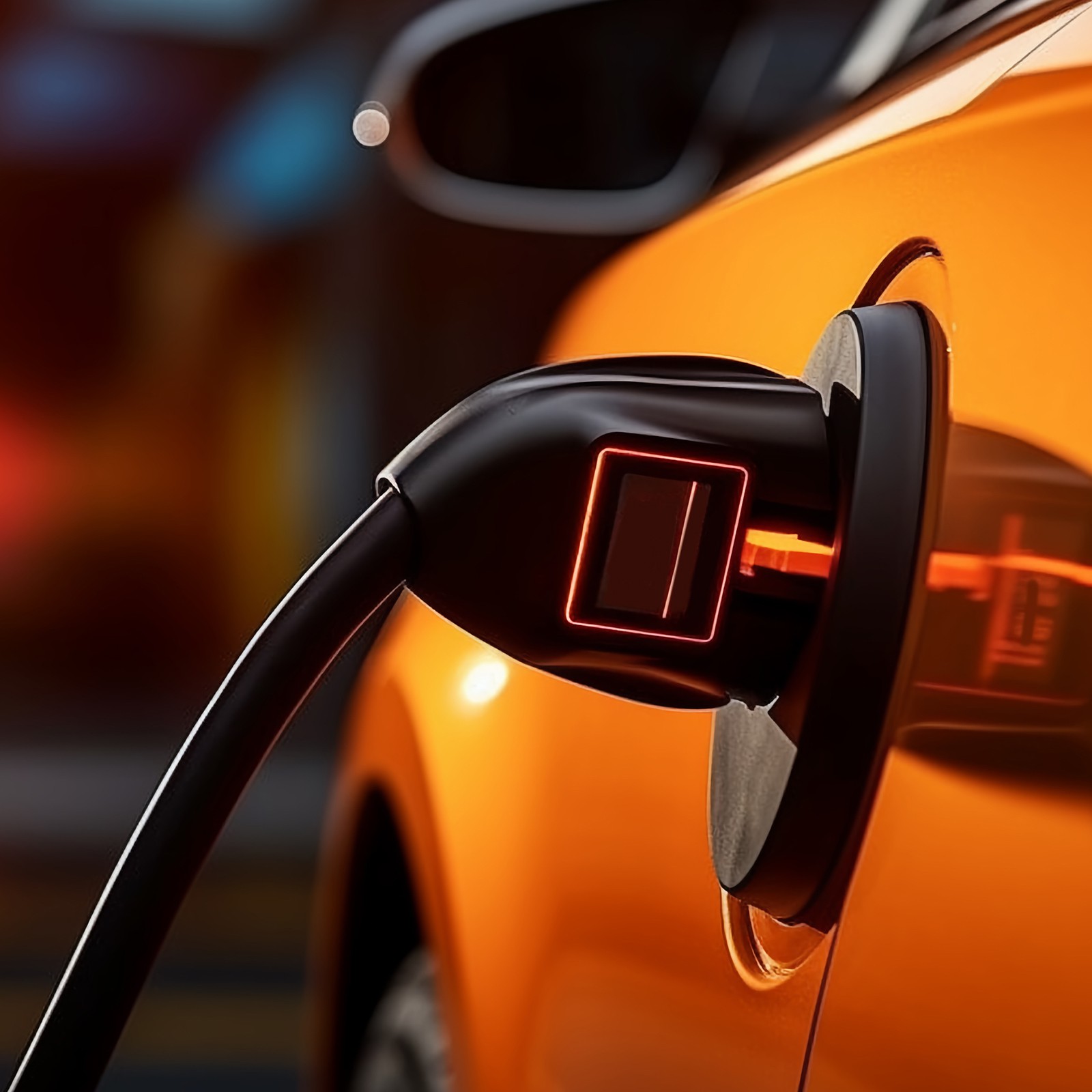
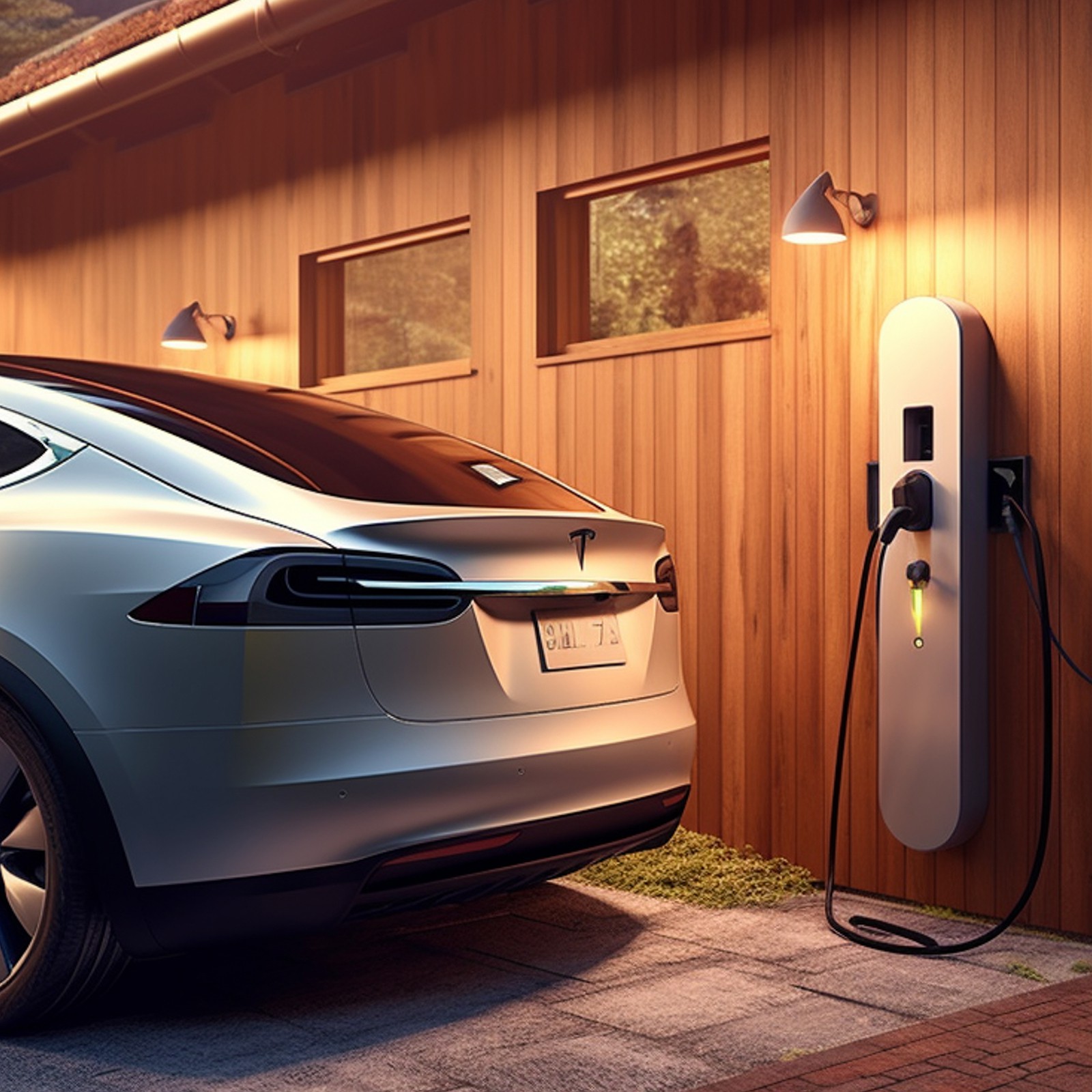
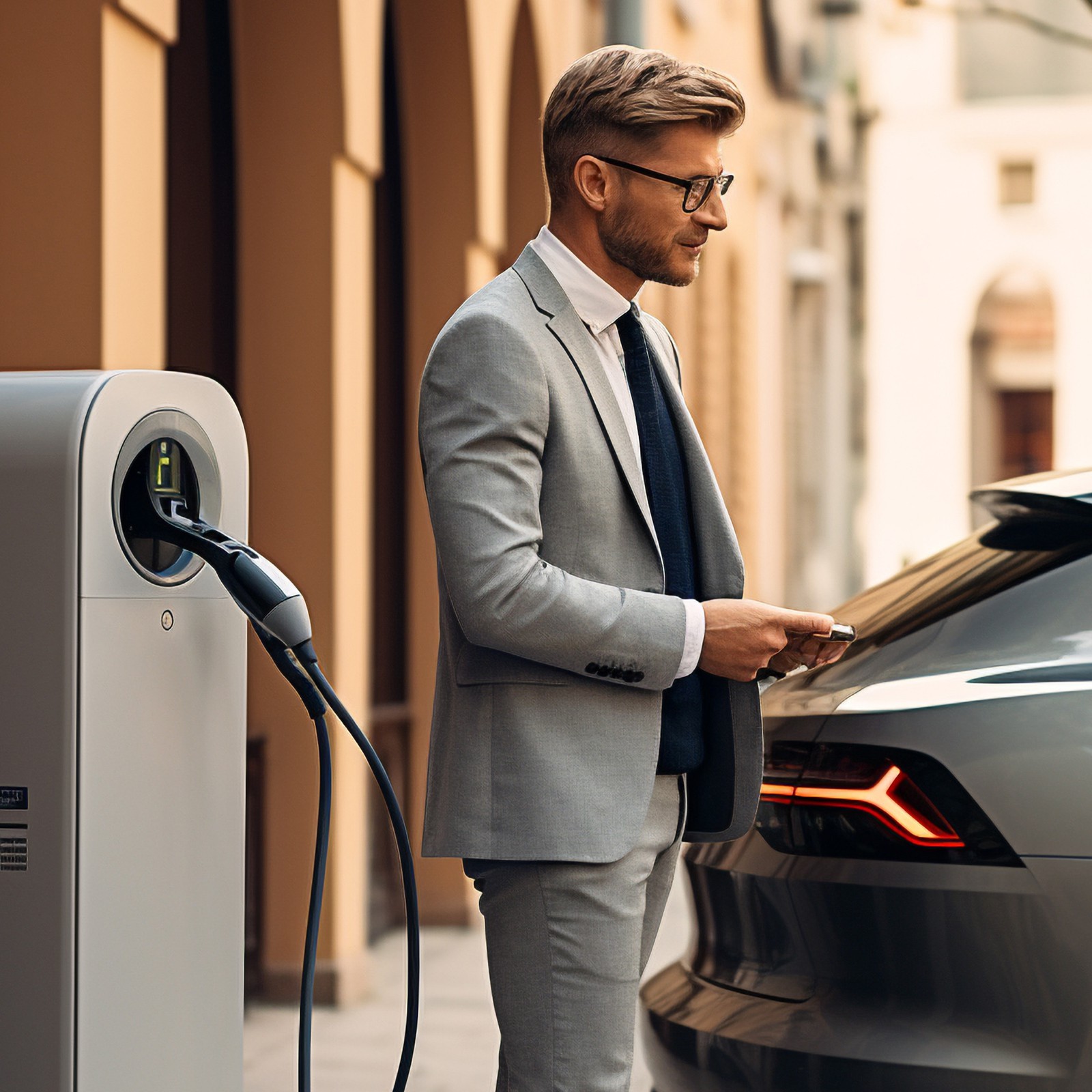
This comprehensive view into the world of electric vehicles highlights not only the current state of technology but also the potential and challenges that lie ahead as we drive towards a more sustainable automotive future.
The future of transportation is poised to be dominated by electric vehicles, supported by innovative charging infrastructures, sustainable eco fuels, and advanced battery technologies. As these technologies continue to evolve and integrate, they promise to deliver a cleaner, more sustainable transportation system. Public policy and consumer behavior will play significant roles in shaping the pace and extent of this transition, emphasizing the need for continued innovation and environmental stewardship in the journey towards a greener future.

